What Is Couples Rehab and How Does It Work?
Addiction doesn’t just affect the individual; it impacts everyone in their orbit, especially their romantic partner. When substance abuse enters a relationship, it can create a destructive cycle that damages trust, communication, and emotional intimacy. Couples rehab represents an innovative approach to addiction treatment that acknowledges the powerful influence of relationships in both perpetuating addiction and supporting recovery. Rather than separating partners during one of the most challenging periods of their lives, couples rehab brings them together to heal both individually and as a unit. But what exactly is couples rehab, and how does it work?
Understanding Couples Rehab
Couples rehab is a specialized addiction treatment approach that allows partners to undergo rehabilitation together rather than separately. This treatment model is based on the understanding that addiction often exists within a relationship dynamic, and lasting recovery may require addressing both individual substance use issues and relationship patterns simultaneously.
The concept of treating couples together for addiction emerged in the 1970s and 1980s as therapists and addiction specialists began recognizing that traditional individual treatment models sometimes failed to address the complex interpersonal factors contributing to substance abuse. Research by pioneers like Dr. Barbara McCrady and Dr. Timothy O’Farrell demonstrated that including partners in treatment could significantly improve outcomes for many patients.
Unlike traditional rehabilitation programs that focus solely on the individual struggling with substance abuse, couples rehab acknowledges that both partners may need healing—whether both struggle with addiction or one partner needs support in understanding addiction and changing enabling behaviors. This dual focus makes couples rehab fundamentally different from individual treatment approaches.
Couples rehab programs typically integrate evidence-based addiction treatment protocols with relationship therapy, creating a comprehensive approach that addresses substance use disorders within their relational context. This integration allows for healing on multiple levels simultaneously.
Benefits of Couples Rehab vs. Individual Treatment
The decision to pursue couples rehab rather than individual treatment carries several potential advantages for partners committed to recovering together and preserving their relationship.
One of the most significant benefits is the built-in support system. Having your partner physically present throughout the recovery journey provides immediate emotional support during challenging moments. This constant presence can reduce the isolation often felt during traditional rehab and provides accountability that continues after formal treatment ends.
Jessica, a former client at Couples Rehabs, shared her experience: “Having my husband with me during treatment meant I never had to explain what I was going through—he was experiencing it alongside me. When cravings hit at 2 AM back home, he understood exactly what was happening because he’d witnessed it during our program.”
Research supports this anecdotal evidence. A study published in the Journal of Substance Abuse Treatment found that behavioral couples therapy resulted in more abstinent days and higher relationship satisfaction compared to individually-focused treatment. This research demonstrated that working on relationship dynamics simultaneously with addiction treatment led to better outcomes in both areas.
Another key advantage is addressing codependency and enabling behaviors in real-time. Many relationships affected by addiction develop unhealthy patterns that can sabotage recovery if left unaddressed. Couples rehab provides a structured environment where these patterns can be identified and modified under professional guidance.
For couples where both partners struggle with substance use disorders, simultaneous treatment eliminates the difficult scenario where one partner returns from rehab to a home environment where substances are still present. This synchronized recovery timing can substantially increase the chances of long-term sobriety for both individuals.
The Couples Rehab Process
Initial Assessment and Evaluation
The couples rehab journey typically begins with a comprehensive assessment phase. This critical first step helps treatment providers understand the unique challenges and needs of both individuals and the relationship itself.
During the initial assessment, each partner will usually undergo:
- Individual psychological evaluations
- Substance use history documentation
- Medical examinations to identify any health complications
- Relationship assessments to identify communication patterns and areas of conflict
This multi-faceted assessment helps create personalized treatment plans that address both addiction issues and relationship dynamics. Many couples are surprised by how thorough this process is, but this detailed information allows treatment providers to design interventions that target the specific challenges each couple faces.
Detoxification
For many couples entering rehab, the first physical step in recovery is detoxification—the process of allowing substances to leave the body while managing withdrawal symptoms. When both partners require detoxification, they may undergo this process simultaneously, though typically in separate medical facilities with specialized monitoring.
Detoxification can be physically and emotionally challenging, but experiencing this difficult phase with the knowledge that your partner is going through a similar process can provide emotional comfort. Medical staff typically monitor vital signs, administer medications when appropriate to ease withdrawal symptoms, and provide nutritional support during this phase.
The detoxification period varies depending on the substance used, the duration of addiction, and individual physical factors. It generally ranges from 3-10 days before psychological treatment begins in earnest.
Therapeutic Approaches
Behavioral Couples Therapy
Behavioral Couples Therapy (BCT) forms the cornerstone of most couples rehab programs. This evidence-based approach directly addresses both substance use disorders and relationship functioning simultaneously.
BCT typically includes several key components:
- Recovery Contracts: Daily rituals that reinforce sobriety and relationship commitment
- Communication skills training: Learning to express needs and listen effectively
- Sobriety-supporting activities: Developing new shared interests that don’t involve substances
- Conflict resolution techniques: Healthy ways to address disagreements without escalation
Research on BCT has shown impressive results. A meta-analysis published in the Journal of Marital and Family Therapy found that couples who participated in BCT maintained higher abstinence rates and reported greater relationship satisfaction compared to those in individual treatment at 12-month follow-ups.
Other Common Therapy Models
While BCT provides the foundation, most couples rehab programs incorporate multiple therapeutic approaches to address the complex nature of addiction and relationships:
Family Systems Therapy examines how each partner’s family of origin influences current relationship dynamics and substance use patterns. This approach helps couples identify intergenerational patterns that may contribute to addiction and relationship problems.
Cognitive-Behavioral Approaches focus on identifying and changing unhelpful thought patterns that drive both addiction and relationship conflicts. These practical techniques help couples challenge distorted thinking and develop healthier perspectives.
Communication Skills Training addresses one of the most common casualties of addiction—effective communication. Structured exercises help couples learn to express needs clearly, listen actively, and resolve conflicts constructively.
Many programs also incorporate mindfulness practices that help couples develop greater awareness of triggers, cravings, and emotional reactions. These practices provide practical tools for managing stress without turning to substances.

Common Relationship Issues Addressed
Couples rehab doesn’t just focus on substance use; it addresses the relationship issues that often accompany addiction. Several common relationship dynamics typically receive attention:
Codependency occurs when one partner’s self-worth becomes dependent on taking care of or “fixing” the other person. This unhealthy attachment pattern often develops in relationships affected by addiction and can perpetuate substance use. Therapists help identify codependent behaviors and guide partners toward healthier interdependence.
Enabling behaviors—actions that unintentionally support continued substance use—receive careful attention. These might include making excuses for a partner’s behavior, hiding their addiction from others, or taking over their responsibilities. Through therapy, the enabling partner learns to set appropriate boundaries while still offering healthy support.
Trust rebuilding is essential after the deception that often accompanies addiction. Structured exercises help the partner with addiction take responsibility for past behaviors while giving the other partner space to express hurt feelings. Gradual trust-building activities help restore faith in the relationship.
Communication patterns that have become dysfunctional during active addiction are restructured through specific techniques. Couples learn to replace blame, criticism, and defensiveness with more constructive communication styles.
Effectiveness of Couples Rehab
The evidence supporting couples-based approaches to addiction treatment continues to grow. A landmark study by O’Farrell and Fals-Stewart tracked couples who participated in behavioral couples therapy for alcohol use disorders and found they maintained significantly higher abstinence rates (68% vs. 43%) compared to individuals in standard treatment at one-year follow-up.
Additionally, couples who participate in rehab together report improvements beyond sobriety. Research published in the Journal of Family Psychology found that couples rehab participants experienced:
- 58% reduction in domestic violence incidents
- 40% improvement in relationship satisfaction scores
- 61% decrease in anxiety symptoms in non-substance-using partners
Several factors influence the effectiveness of couples rehab:
- Both partners’ commitment to the relationship
- Willingness to examine personal contributions to problems
- Absence of ongoing domestic violence
- Engagement with aftercare resources
It’s important to note that while couples rehab shows promising results, it isn’t appropriate for all situations. Relationships involving ongoing physical abuse or where one partner is completely unwilling to acknowledge substance issues may not benefit from this approach.
Cost Considerations
The financial aspect of couples rehab represents a significant consideration for many. Without insurance coverage, residential couples rehab programs typically range from $20,000 to $50,000 for a 30-day program, depending on location, amenities, and program specifics.
This investment covers:
- 24/7 medical supervision
- Individual and couples therapy sessions
- Group therapy participation
- Room and board
- Aftercare planning
Many insurance plans now offer some coverage for addiction treatment, though coverage for couples-specific programs varies significantly between providers. The Mental Health Parity and Addiction Equity Act requires many insurance plans to provide similar coverage for substance use disorders as they do for other medical conditions, but specific treatments may still have limitations.
For couples without adequate insurance coverage, several options exist:
- Payment plans offered directly by treatment centers
- Healthcare loans from specialized lenders
- Scholarships or reduced-fee options at certain facilities
- Health Savings Account (HSA) funds, if available
Financial counselors at reputable facilities like Couples Rehabs can help navigate these options and identify the most affordable path to treatment.
Alternatives to Residential Treatment
While residential couples rehab offers the most intensive level of care, several alternatives exist for couples who cannot commit to inpatient treatment due to work obligations, childcare responsibilities, or financial constraints.
Intensive Outpatient Programs (IOPs) provide structured treatment several days per week while allowing couples to maintain their normal living arrangements. These programs typically include both individual and couples therapy components, though at a less intensive level than residential options. IOPs usually cost between $7,000 and $15,000 for a complete program.
Weekend Intensive Retreats offer concentrated couples therapy focusing on both relationship dynamics and addiction issues. These programs pack significant therapeutic work into 2-3 day periods, making them accessible for couples with weekday obligations. Costs typically range from $1,500 to $5,000 per weekend.
Virtual Couples Therapy has expanded significantly in recent years, offering specialized addiction and relationship counseling via secure video platforms. This option provides flexibility and eliminates travel costs, with typical sessions ranging from $100-200 per hour.
Support Groups like Recovering Couples Anonymous (RCA) provide free, ongoing support specifically designed for couples affected by addiction. These peer-led groups follow principles similar to other 12-step programs but focus on healing the relationship alongside individual recovery.
Finding the Right Couples Rehab Program
Selecting the appropriate program requires careful consideration of several factors:
Specialization matters significantly. Look for programs specifically designed for couples rather than those that simply allow partners to attend the same facility. True couples rehab integrates relationship therapy with addiction treatment rather than treating them as separate issues.
Staff credentials deserve close examination. The treatment team should include professionals with specific training in both addiction treatment and couples therapy. Certifications in Behavioral Couples Therapy or similar approaches indicate specialized expertise.
When researching potential programs, consider asking:
- What percentage of your clients are couples?
- What specific couples therapy models do you employ?
- How do you handle situations where one partner completes treatment before the other?
- What aftercare support do you offer specifically for couples?
- Do you have experience with our specific substance issues?
For couples with co-occurring disorders (simultaneous mental health and substance use disorders), finding a dual-diagnosis program is essential. These specialized programs have the expertise to address complex conditions like trauma, depression, or anxiety alongside addiction and relationship issues.
Conclusion
Couples rehabs represents a holistic approach to addiction treatment that recognizes the profound interconnection between relationship dynamics and substance use disorders. By addressing both individual recovery needs and relationship patterns simultaneously, these specialized programs offer couples the opportunity to heal together and build a foundation for lasting sobriety and relationship satisfaction.
The journey through couples rehab isn’t easy—it requires vulnerability, honesty, and commitment from both partners. However, for couples determined to overcome addiction while preserving their relationship, this integrated approach offers valuable tools and support that individual treatment cannot provide.
If you and your partner are struggling with addiction, remember that seeking help together isn’t a sign of weakness but rather a powerful commitment to your shared future. Programs like those offered by Couples Rehabs provide the specialized support needed to transform both individual lives and the relationship itself. The path to recovery may be challenging, but with proper support, couples can emerge stronger and more connected than before.
Frequently Asked Questions
What are the benefits of couples rehab versus individual rehab for addiction?
Couples rehab offers several unique advantages, including built-in support systems, simultaneous addressing of relationship dynamics and addiction issues, real-time practice of communication skills, synchronized recovery timing, and higher post-treatment accountability. Research shows couples who recover together often maintain higher abstinence rates and report greater relationship satisfaction compared to those who pursue individual treatment paths.
How much does couples rehab typically cost without insurance coverage?
Without insurance, residential couples rehab typically costs between $20,000 and $50,000 for a 30-day program. This includes accommodation, therapy, medical supervision, and meals. Less intensive options like Intensive Outpatient Programs range from $7,000 to $15,000, while weekend intensive retreats cost $1,500 to $5,000. Many facilities offer payment plans, sliding scale fees, or scholarship opportunities to make treatment more accessible.
What types of therapy are commonly used in couples rehab programs for substance abuse?
The primary therapeutic approach in couples rehab is Behavioral Couples Therapy (BCT), which directly addresses substance use and relationship dynamics simultaneously. Other common modalities include Cognitive-Behavioral Therapy, Family Systems Therapy, Emotionally Focused Therapy, psychoeducation groups, trauma-informed approaches, and communication skills training. Most programs create an integrated treatment plan using multiple evidence-based approaches tailored to each couple’s needs.
What can we expect during the initial assessment process in couples rehab?
The initial assessment typically includes individual interviews with each partner, joint relationship evaluations, substance use history documentation, mental health screenings, medical examinations, and questionnaires about relationship dynamics. This comprehensive assessment helps create personalized treatment plans addressing both addiction issues and relationship patterns. The process usually takes 1-2 days and serves as the foundation for the entire treatment experience.
How effective is couples rehab in achieving long-term sobriety and relationship satisfaction?
Research shows couples rehab participants maintain significantly higher abstinence rates (up to 68% vs. 43% in individual treatment) at one-year follow-up. Additionally, couples report approximately 40% improvement in relationship satisfaction, 58% reduction in domestic conflict, and better maintenance of treatment gains over time. Effectiveness depends on factors including both partners’ commitment, willingness to change patterns, and engagement with aftercare resources.
Where can I find a couples rehab center that specializes in treating co-occurring disorders?
Couples Rehabs offers specialized programs for partners dealing with co-occurring disorders like depression, anxiety, PTSD, or bipolar disorder alongside addiction. Other resources include the Substance Abuse and Mental Health Services Administration (SAMHSA) treatment locator, the American Society of Addiction Medicine’s physician directory, and the National Association for Addiction Professionals, all of which can help identify programs with dual-diagnosis capabilities in your region.
What are some common relationship issues addressed in couples rehab besides addiction?
Beyond substance use, couples rehab addresses codependency, enabling behaviors, trust violations, poor communication patterns, intimacy issues, conflict resolution skills, boundary establishment, shared trauma, financial stressors, and parenthood challenges. Programs also work on identifying unhealthy relationship dynamics developed during active addiction and replacing them with healthier interaction patterns that support long-term recovery.
Are there any alternatives to residential couples rehab that offer similar support?
Yes, alternatives include Intensive Outpatient Programs (IOPs) that meet 3-5 days weekly while couples maintain normal living arrangements, weekend intensive retreats that concentrate therapeutic work into 2-3 day periods, virtual couples therapy specialized in addiction issues, and free support groups like Recovering Couples Anonymous. While these options offer less intensive support than residential treatment, they provide valuable assistance for couples unable to commit to inpatient programs.
What is the typical duration of a couples rehab program for alcohol and drug addiction?
Standard residential couples rehab programs typically last 30 days, though treatment length ranges from 14 to 90 days depending on addiction severity, relationship complications, and financial considerations. Shorter programs (14-21 days) focus on stabilization and basic skills, while extended programs (60-90 days) allow deeper work on entrenched patterns. Most experts recommend at least 30 days for meaningful change in both addiction patterns and relationship dynamics.
How does behavioral couples therapy specifically work to support sobriety and improve relationships?
Behavioral Couples Therapy works through several mechanisms: daily “recovery contracts” where partners verbalize commitment to sobriety and relationship healing; communication training that replaces criticism and defensiveness with effective expression; shared activities that create positive experiences without substances; structured conflict resolution techniques; and reinforcement of positive behaviors. This integrated approach creates accountability while rebuilding relationship satisfaction, addressing both addiction and relationship issues simultaneously rather than treating them as separate problems.
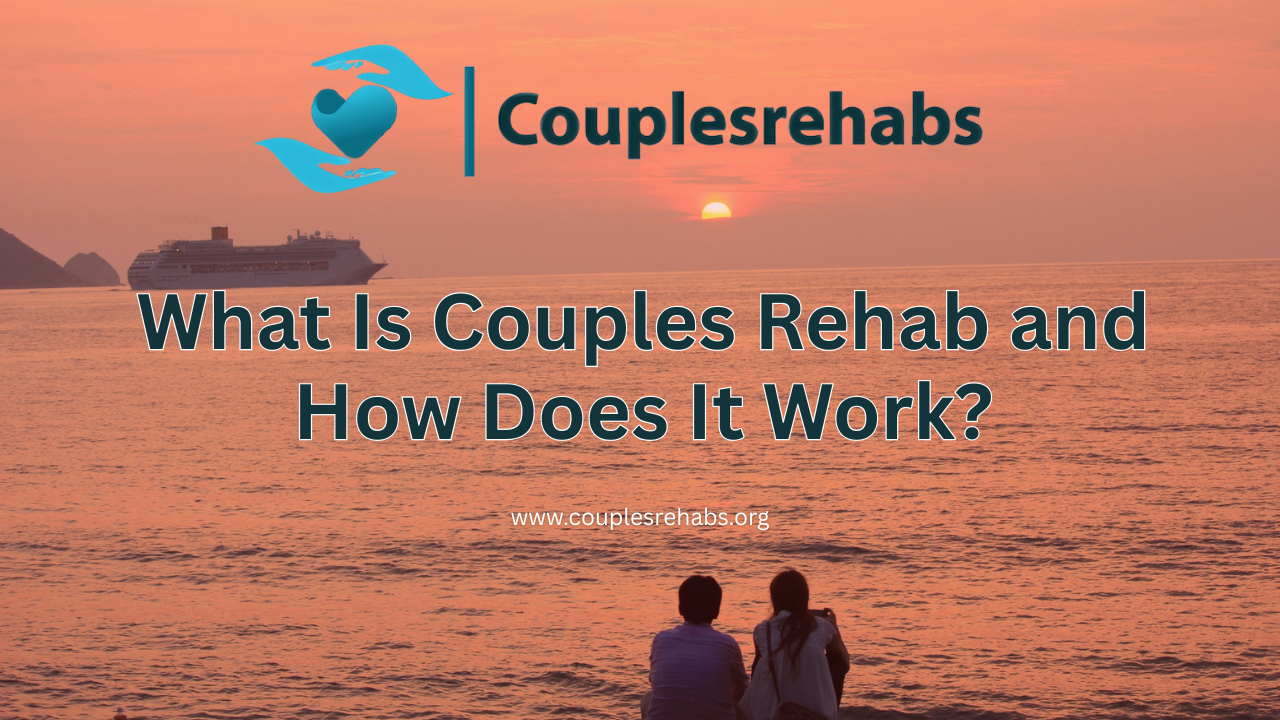



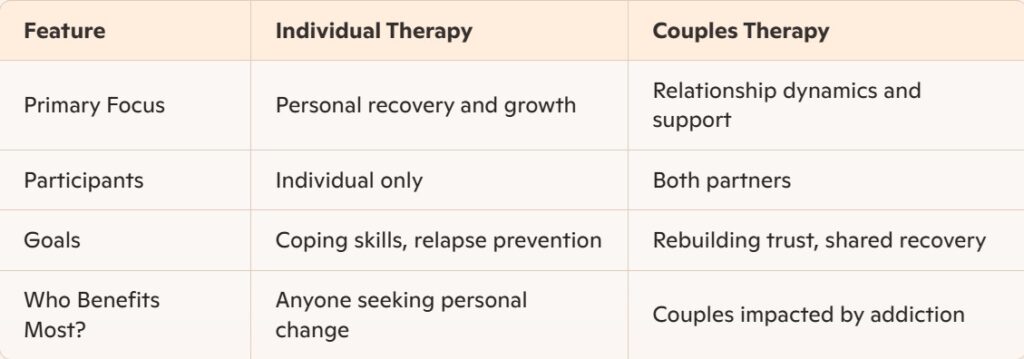
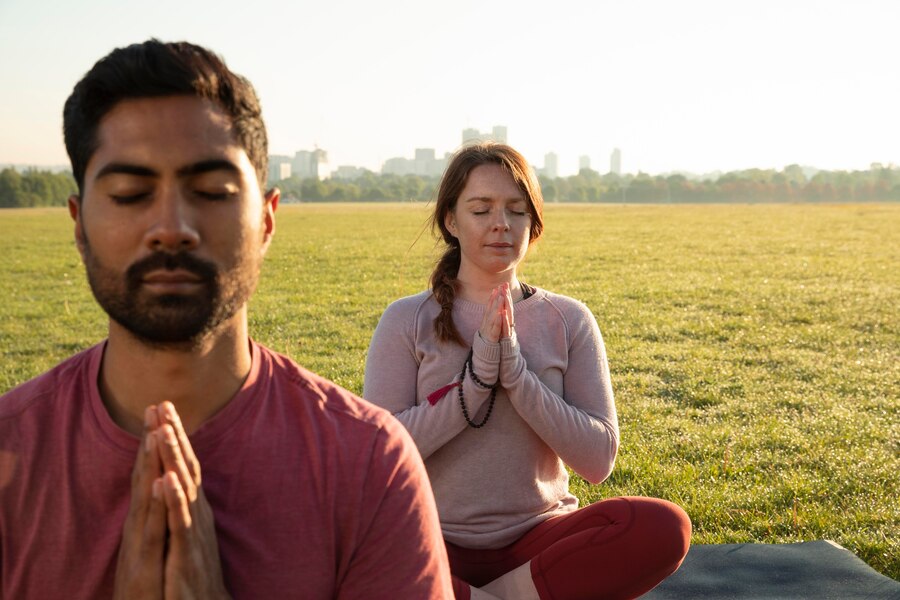

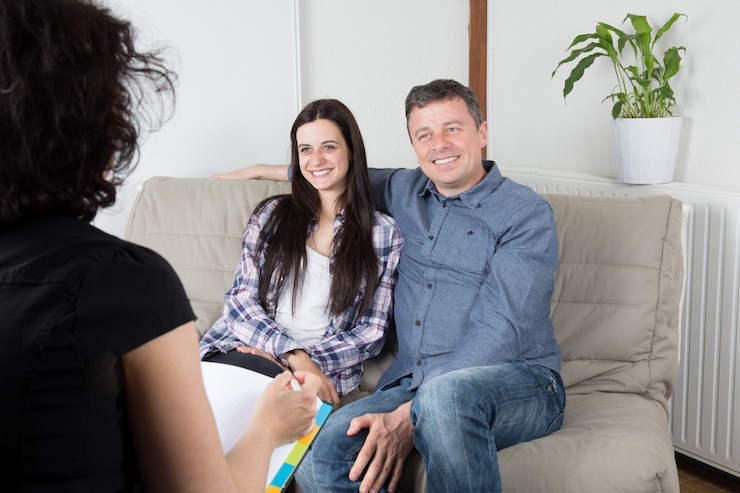




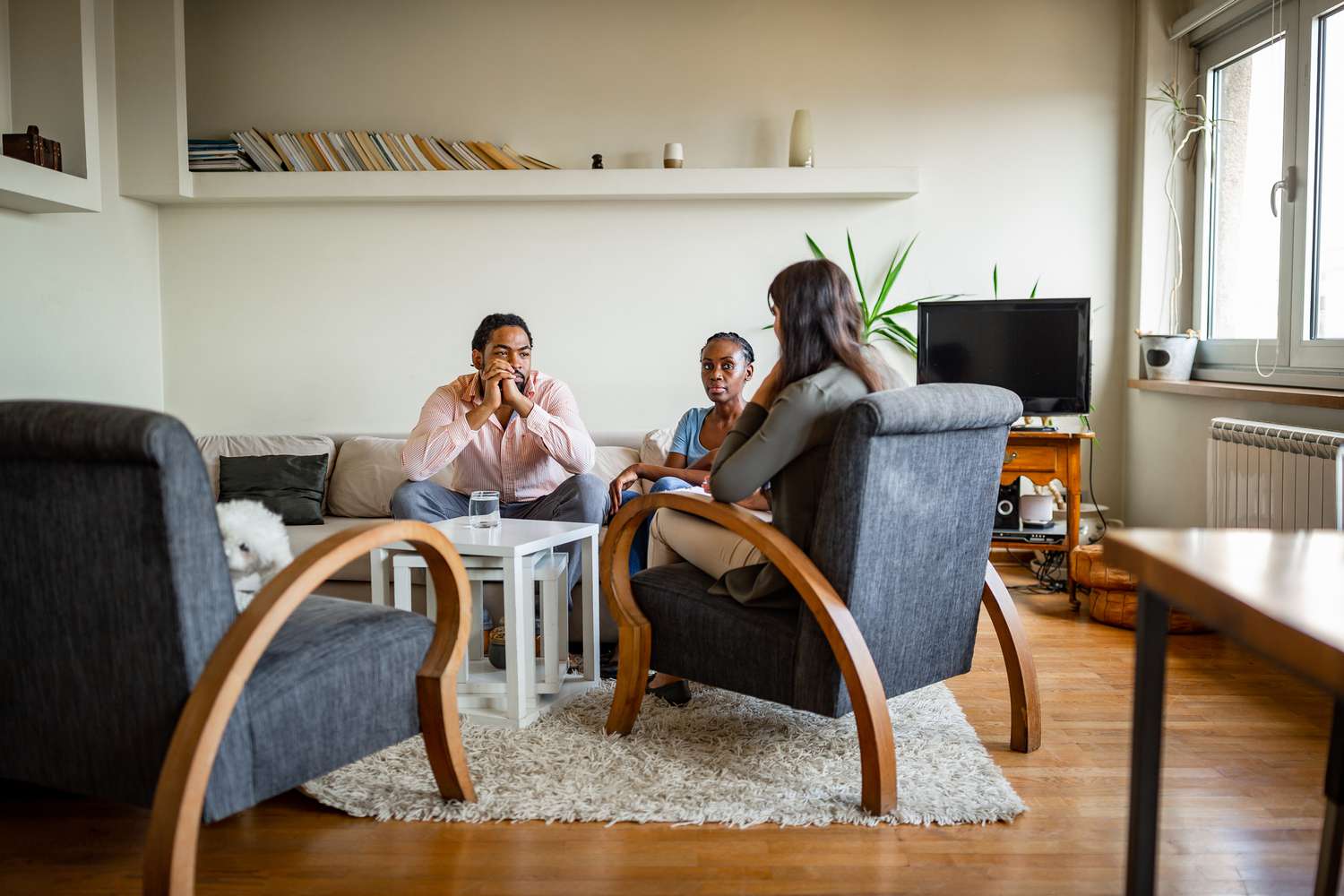




Recent Comments